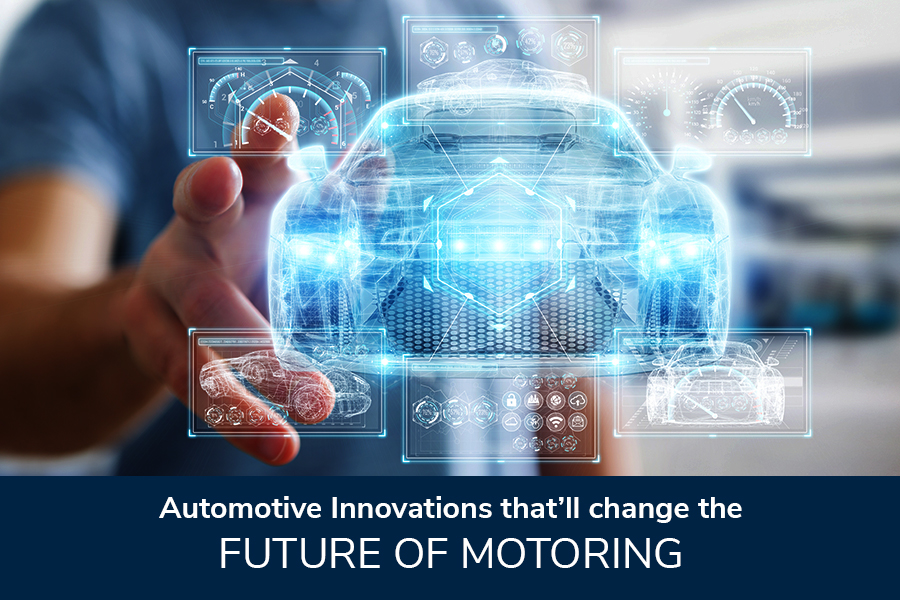Automotive Innovations That’ll Change The Future Of Motoring
The automotive industry sits amid a transformation perpetrated by technological headways, sustainability legislation, and new mobility business models. Cars of the future will be carrying us from point A to B, but the way we drive, commute and interact with cars is bound to change. As it often turns out to be, most trends are just passing fads while only a few have what it takes to go mainstream. Here’re the four disruptive trends expected to gain traction and redefine personal mobility, car ownership preferences, and above all, the future of motoring.
Electric cars (EVs):
With
mounting fuel prices and tightening ecological regulations, the auto industry
is forced to go electric. The transition is gradual but aptly evident, as EVs’ global
market share has reached 2.1% in 2018, up from 1.3% in 2017. It’s evident more
in countries like China and the US where the development and adoption of
electric technology are incentivized through policy initiatives. Riding high on
Automotive Mission Plan (AMP), India is also gearing up to go all-electric by
2030. The EVs are presently plagued by cost, infrastructural and performance
issues. But, with innovation in battery technologies, and increased power
generation and grid capacities, the cost is expected to nosedive while miles
per charge will increase significantly.
Autonomous Vehicle:
Cars
running without human oversight might once be a farfetched idea but it’s just a
matter of time now. Per automotive innovation 2019, all top automakers and chip companies are taking the idea
seriously and any breakthrough is just around the corner. Once technological
readiness determined, and pricing and security concerns addressed, the dream of
autonomous vehicles will be realized. Though fully autonomous vehicles may still
take time to be commercially available, semi-autonomous ones will be cruising
on roads any time soon. Powered by Advanced Driver-Assistance Systems (ADAS), these
cars will function without any human interference in certain conditions,
preferably the country interstates with negligible variables.
Smart vehicle technology:
If
an experiment in the UK is successful, the way your vehicle interacts with
other vehicles and the road is also on the verge of a transformation. Come
April 2019, a 12-mile stretch of road featuring Vehicle-to-Infrastructure
technology will be rolled out. The latest automobile technology will gather and analyze the driving conditions,
driver’s behavior and other key factors in real-time. The idea is to extend a
better driving experience and bring down the rapidly rising accident rates.



Comments
Post a Comment